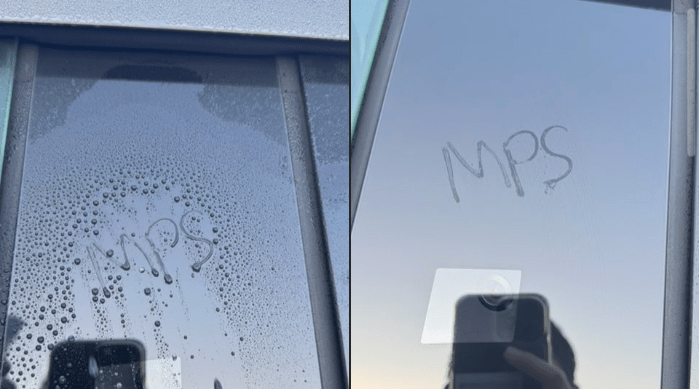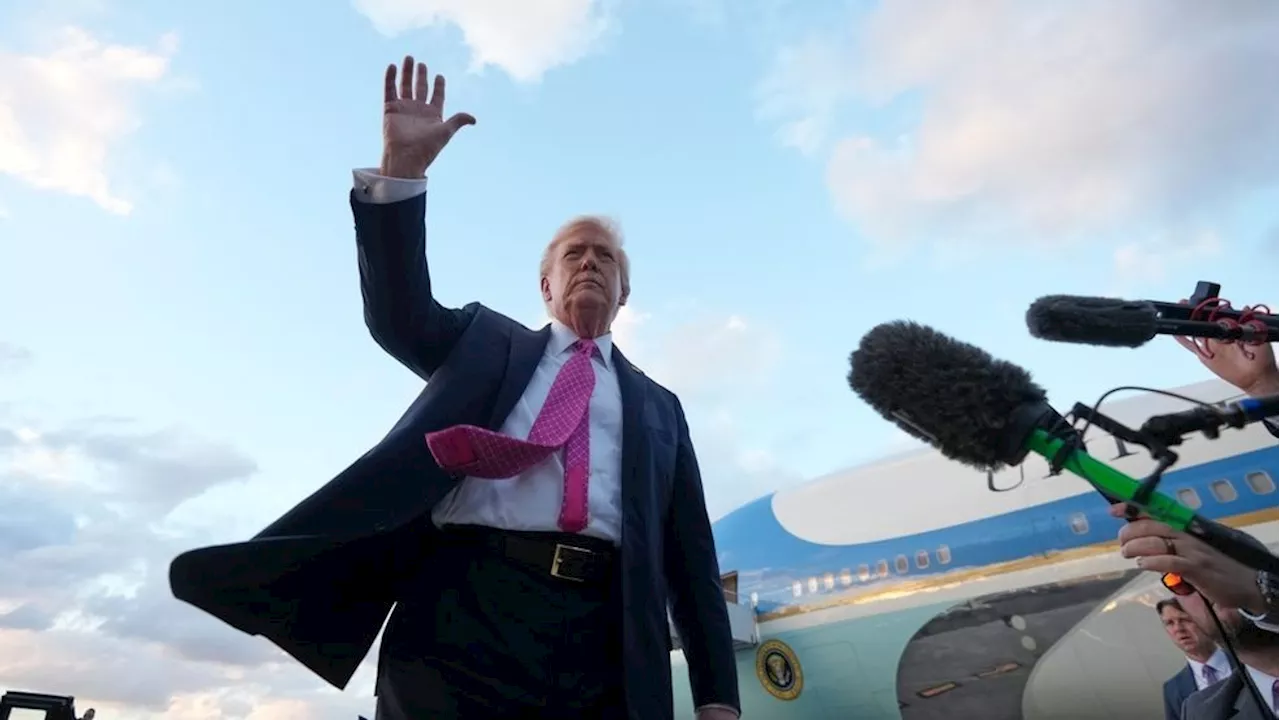An anonymous donor has pledged $130 million to assist with military salaries during an ongoing government shutdown, but the U.S. government may face legal challenges in accepting the funds. The donation, announced on October 23, 2025, was made under the Pentagon’s authority to accept gifts, yet it raises significant concerns regarding compliance with the Anti-Deficiency Act.
The Pentagon confirmed that the donation is intended to offset the costs of service members’ salaries and benefits. Sean Parnell, a Pentagon spokesman, expressed gratitude for the donor’s support, especially as Congress has been embroiled in disputes over funding. He indicated that the donation came from a “patriot and friend” of former President Donald Trump, adding a layer of political context to the financial assistance.
Despite the generous offer, experts question whether the Pentagon can legally accept it. According to Bobby Kogan, senior director of federal budget policy at the Center for American Progress, the Anti-Deficiency Act prohibits government entities from spending donated funds without prior congressional appropriation. He elaborated that the law is designed to ensure that federal spending is authorized, which complicates the acceptance of such donations for salaries.
Moreover, Romina Boccia, director of budget and entitlement policy at the Cato Institute, echoed this sentiment. She noted that while the Pentagon can acknowledge the donor’s intent, it does not change the legal requirement for Congress to appropriate funds for military salaries. Boccia highlighted that the military has limited authority to accept donations for supporting service members or their families in specific circumstances, such as injuries or fatalities in combat.
The situation is further complicated by the ongoing government shutdown, which has lasted for over 23 days. As negotiations between Republicans and Democrats continue, the future of military pay hangs in the balance. The Pentagon’s regular payroll expenses amount to approximately $7.5 billion every two weeks, meaning the anonymous donation covers less than a single day’s wages for military personnel.
If Congress wishes to circumvent the restrictions imposed by the Anti-Deficiency Act, it could potentially reclassify troop pay as mandatory or direct spending. This would require significant legislative action, which appears unlikely given the current political climate.
As discussions surrounding the donation and military funding unfold, the implications for service members remain uncertain. The administration’s efforts to secure additional resources through private donations highlight the challenges of managing military finances amid legislative gridlock.







